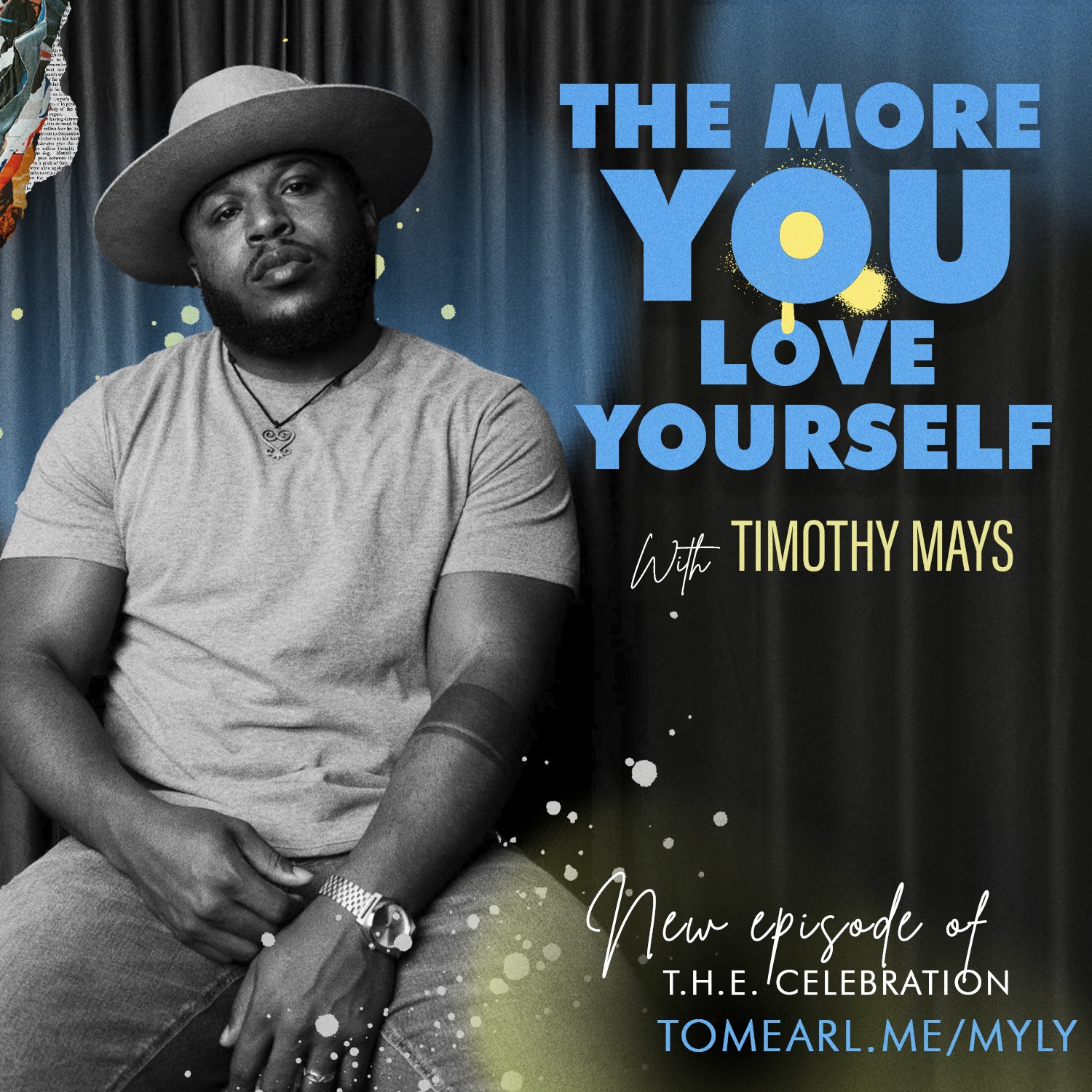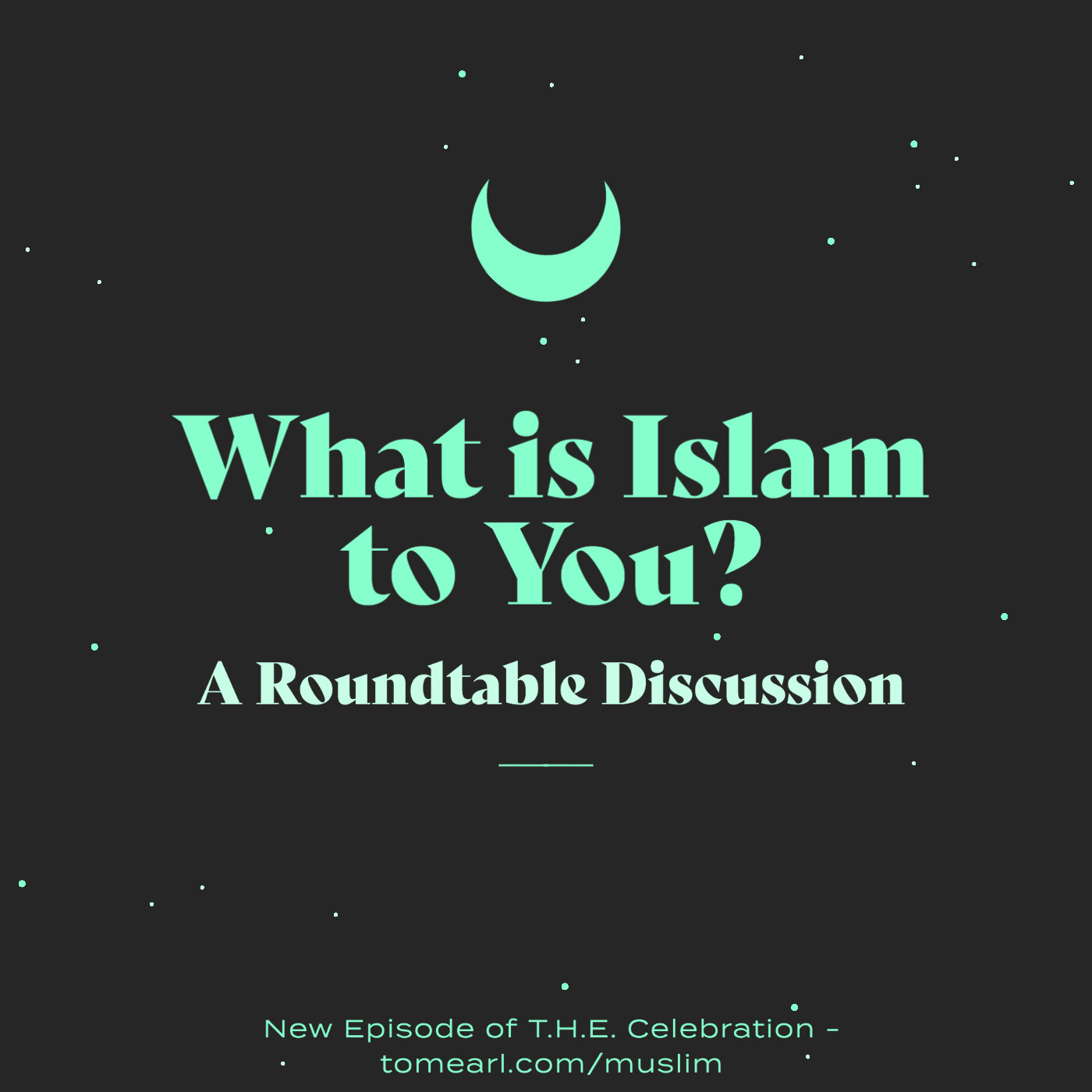Original Air Date: February 8, 2020
On this week’s podcast, I have the pleasure of speaking with Timothy Mays, an educator, artist, and published author. In our talk, we delved into what it means to experience love and relationships and to feel a sense of community. We peeled back the layers and expectations of what being a man means - in whatever variant identities you may have.
Timothy shared his experiences growing up and how he has witnessed marriages changing and evolving throughout the years. We also talked about Black History Month and about books that have transformed and impacted Timothy's life and my life as well. You will not want to miss this episode so you can hear Timothy's perspective on creating community and how men can transform their lives through the creation of community.
Timothy received his Master’s in Higher Education from Loyola University Chicago in 2016 and continues to dig deeper into his research around exoticism, disposability, and the healing of Black bodies.
As an Artist/Spoken Word poet, Timothy has competed in the National Poetry Slam, InkSlam, College and Universities Poetry Slam Invitational, and many other events.
He is now conducting spoken word and critical pedagogy workshops that give students and community members a space to develop their voices and materialize their thoughts.
Timothy recently released his first poetry and affirmation book entitled, “And Still I Rise to Fantasize” which attempts to channel Black resilience in the face of consistent trauma while having the unwavering courage to strive toward being holistically well.
Timothy has devoted himself to making sure that people from low-income communities are prepared for and comfortable with the possibility of advocating for themselves to ensure that a true sense of community is accomplished.
To find out more about Timothy, you can reach him on Instagram and on his website.







